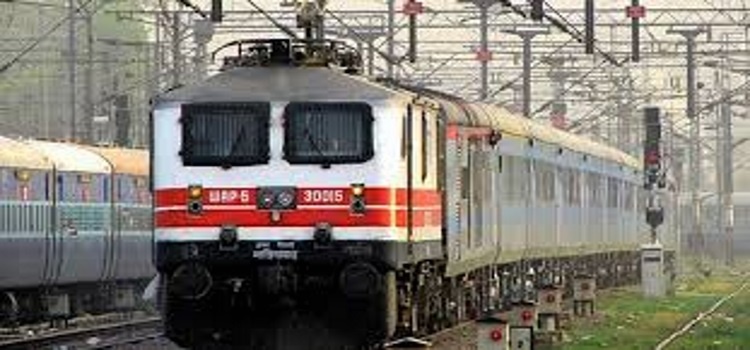
The Indian Railways is on a mission—to increase the number of trains it has running. Railways is looking to expand operations, and is increasing manufacturing capacity.
The Chittaranjan Locomotive Works (CLW) and the Integral Coach Factory (ICF) are one of the many pillars of the national transporter and are working overtime to achieve this aim, and make sure that its needs are met.
Just 5 minutes before 11 p.m., on the last day of the 2017-2018 financial year, a spanking new electric locomotive rolled out of the CLW.
The 350th locomotive to be built by the nation’s best rail locomotive manufacturer, it was flagged off by Ghanshyam Singh, Member (Traction), Railway Board.
A Railway official revealed that the scramble towards electrification was the reason for the locomotive manufacturing boom and that this move will help the national transporter save fuel costs.
He also added that more advanced electric locomotives will be designed, developed and manufactured, and the CLW is all set to make 9,000 HP locomotives, capable of reaching speeds of around 200 kmph.
The Indian Railways manufactured around 350 locomotives, and 2500 coaches! The CLW achieved an all-time high production target of 325 locomotives, assisted in the production of 25 locomotives at Diesel Locomotive Works, Varanasi, and two others at Diesel Loco Modernisation Works, Patiala.
The coaches are right behind the locomotives. The ICF surpassed its production target this year as well, manufacturing around 2,503 coaches. The General Manager of the ICF, Sri Mani, flagged off the 2,500th coach made of stainless steel, with a seating capacity of 102 persons.
Officials at the ICF told that on an average, manufacturing a coach takes around 20 days. The coaches have a 40-year lifespan and do not corrode easily.
The ICF is also making multiple electric units for Chennai, Mumbai, and Delhi, and Diesel Electric Multiple Unit Coaches for the Kolkata Metro as well.
